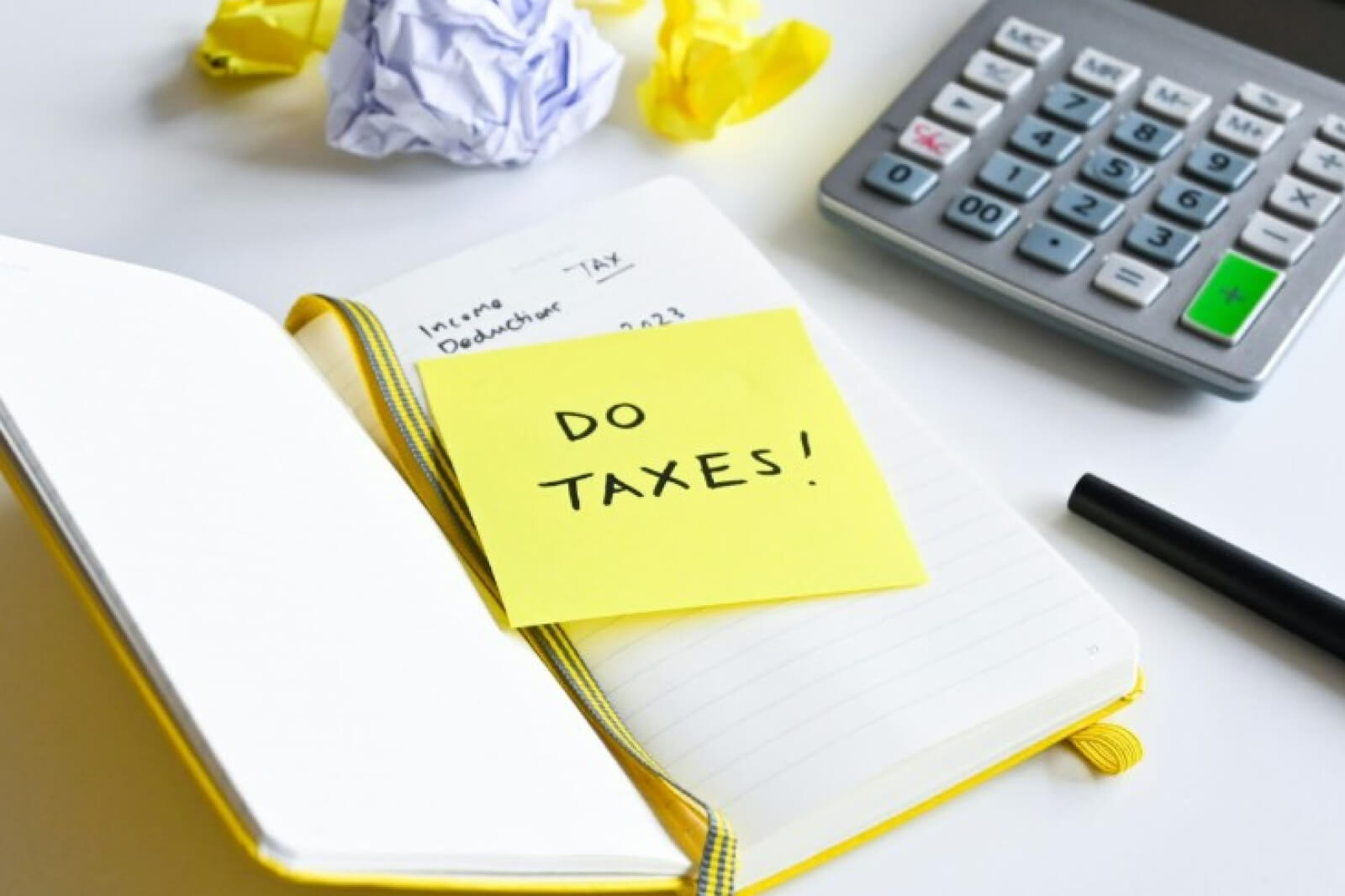Buying and selling stocks, for the wise investor, can be an easy way to make money multiply. But the wise investor knows that it’s not as simple as day-to-day or week-to-week gambling. You might hit a homerun on a stock that soars twenty percent in a month and, knowing the volatility of the market, want to sell it before its price starts dropping.
Congratulations, you’ve just made a twenty percent return on your investment. Why are the wise investors laughing, then?
You hear a murmur among the laughter: “capital gains tax.” The word “tax” drops like a weight in your stomach. Yes, a tax on your winnings. They are, after all, a form of income.
What is capital gains tax and how can you reduce it?

What is capital gains tax and how does a wise investor factor into into their investing strategy?
The simple answer is that they make long-term investments. We all want to materialize our gains quickly but doing so can hurt them more than you might expect.
Short-term capital gains tax affects short-term investments—buying a stock and selling it within one year. The important word here is “selling”: you only realize a gain or a loss when you sell the stock. Therefore, capital gains tax only comes into play when you sell a winning stock (capital gains tax affects all kinds of “capital assets“).
The short-term capital gains tax rates (investments held for at least one year and one day) are significantly higher than the long-term. Short-term rates equal the normal income tax rate. The rates depend on your tax bracket, but at every level, the long-term rate is lower than the short-term rate.
Those in the 10% and 15% income tax brackets will face 10% and 15% short-term capital gains taxes, but 0% long-term rates. In the higher brackets, though both rates increase, investors will still save 10% or more by holding stocks for more than a year.
The simple solution, therefore, is to invest with long-term goals in mind.
An investor who needs to sell a stock before a year is up can try to offset some of the gains by also selling a stock or stocks suffering losses. Capital gains tax only affects the net capital gain for the year: this is the total gains after all sales.
If you sell one stock at a $2,000 gain and another at a $1,000 loss, you’ll cut your net gains in half and reduce the amount on which you can be taxed. It sounds like simply losing money in a different way, and it is. But it eliminates part of a loss on stock while reducing the tax at the same time, minimizing the overall loss.
The bottom line is that you’ll have to pay up somehow. Maximizing returns involves more than simply finding the golden stock. The wise investor understands the differences between short-term and long-term investing, factors capital gains tax into their plan and, when circumstances call for a short-term sale, uses a strategy that realizes other losses to offset the gains and reduce the taxable amount.
string(3605) "
Buying and selling stocks, for the wise investor, can be an easy way to make money multiply. But the wise investor knows that it's not as simple as day-to-day or week-to-week gambling. You might hit a homerun on a stock that soars twenty percent in a month and, knowing the volatility of the market, want to sell it before its price starts dropping.
Congratulations, you've just made a twenty percent return on your investment. Why are the wise investors laughing, then?
You hear a murmur among the laughter: "capital gains tax." The word "tax" drops like a weight in your stomach. Yes, a tax on your winnings. They are, after all, a form of income.
What is capital gains tax and how can you reduce it?

What is capital gains tax and how does a wise investor factor into into their investing strategy?
The simple answer is that they make long-term investments. We all want to materialize our gains quickly but doing so can hurt them more than you might expect.
Short-term capital gains tax affects short-term investments—buying a stock and selling it within one year. The important word here is "selling": you only realize a gain or a loss when you sell the stock. Therefore, capital gains tax only comes into play when you sell a winning stock (capital gains tax affects all kinds of "capital assets").
The short-term capital gains tax rates (investments held for at least one year and one day) are significantly higher than the long-term. Short-term rates equal the normal income tax rate. The rates depend on your tax bracket, but at every level, the long-term rate is lower than the short-term rate.
Those in the 10% and 15% income tax brackets will face 10% and 15% short-term capital gains taxes, but 0% long-term rates. In the higher brackets, though both rates increase, investors will still save 10% or more by holding stocks for more than a year.
The simple solution, therefore, is to invest with long-term goals in mind.
An investor who needs to sell a stock before a year is up can try to offset some of the gains by also selling a stock or stocks suffering losses. Capital gains tax only affects the net capital gain for the year: this is the total gains after all sales.
If you sell one stock at a $2,000 gain and another at a $1,000 loss, you'll cut your net gains in half and reduce the amount on which you can be taxed. It sounds like simply losing money in a different way, and it is. But it eliminates part of a loss on stock while reducing the tax at the same time, minimizing the overall loss.
The bottom line is that you'll have to pay up somehow. Maximizing returns involves more than simply finding the golden stock. The wise investor understands the differences between short-term and long-term investing, factors capital gains tax into their plan and, when circumstances call for a short-term sale, uses a strategy that realizes other losses to offset the gains and reduce the taxable amount.
"













